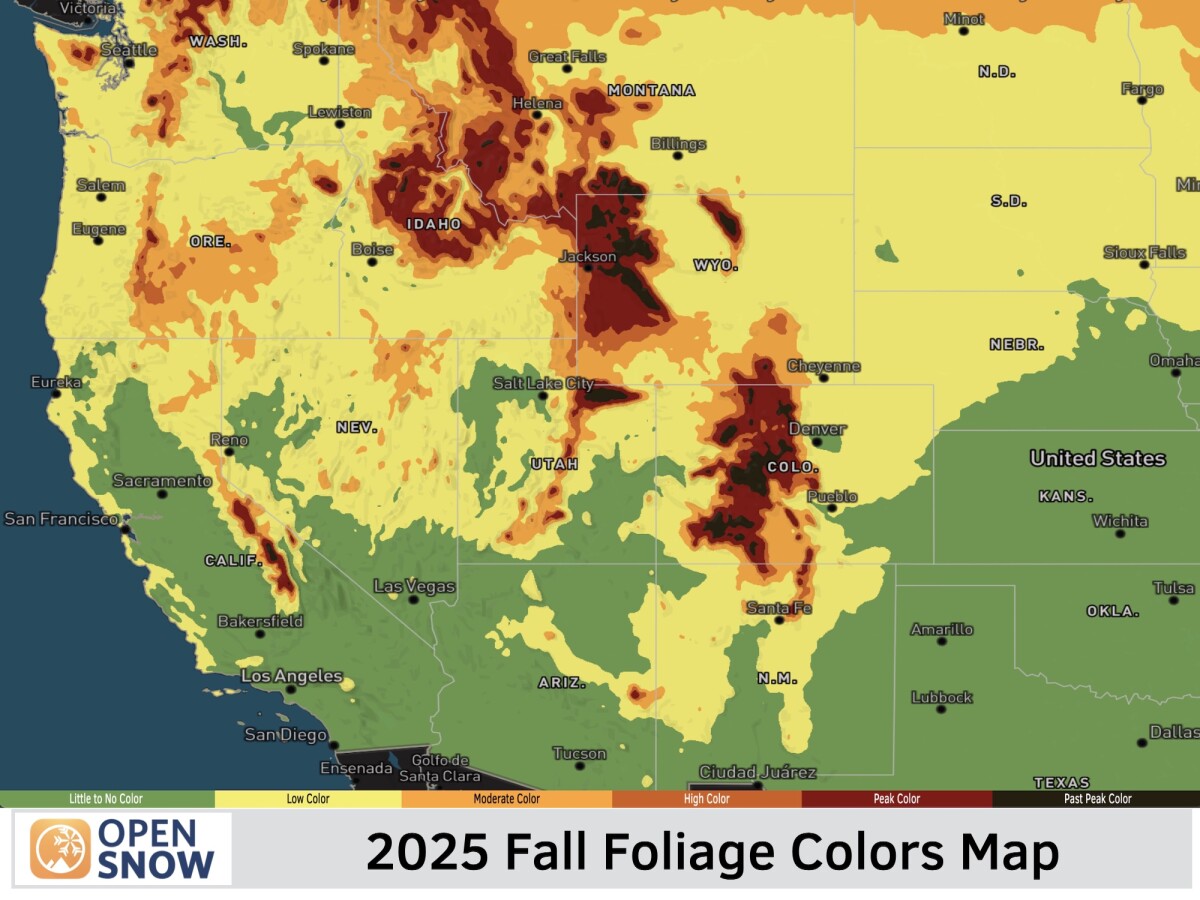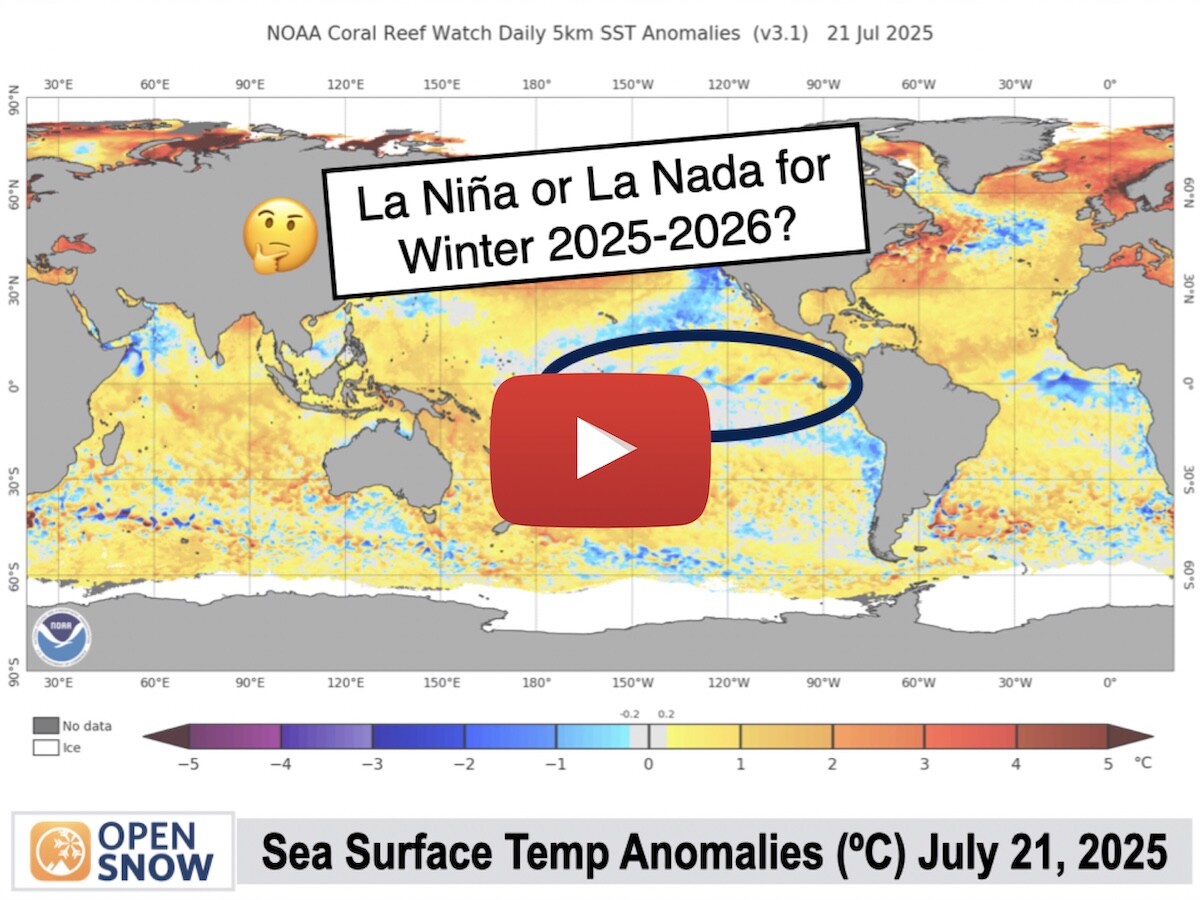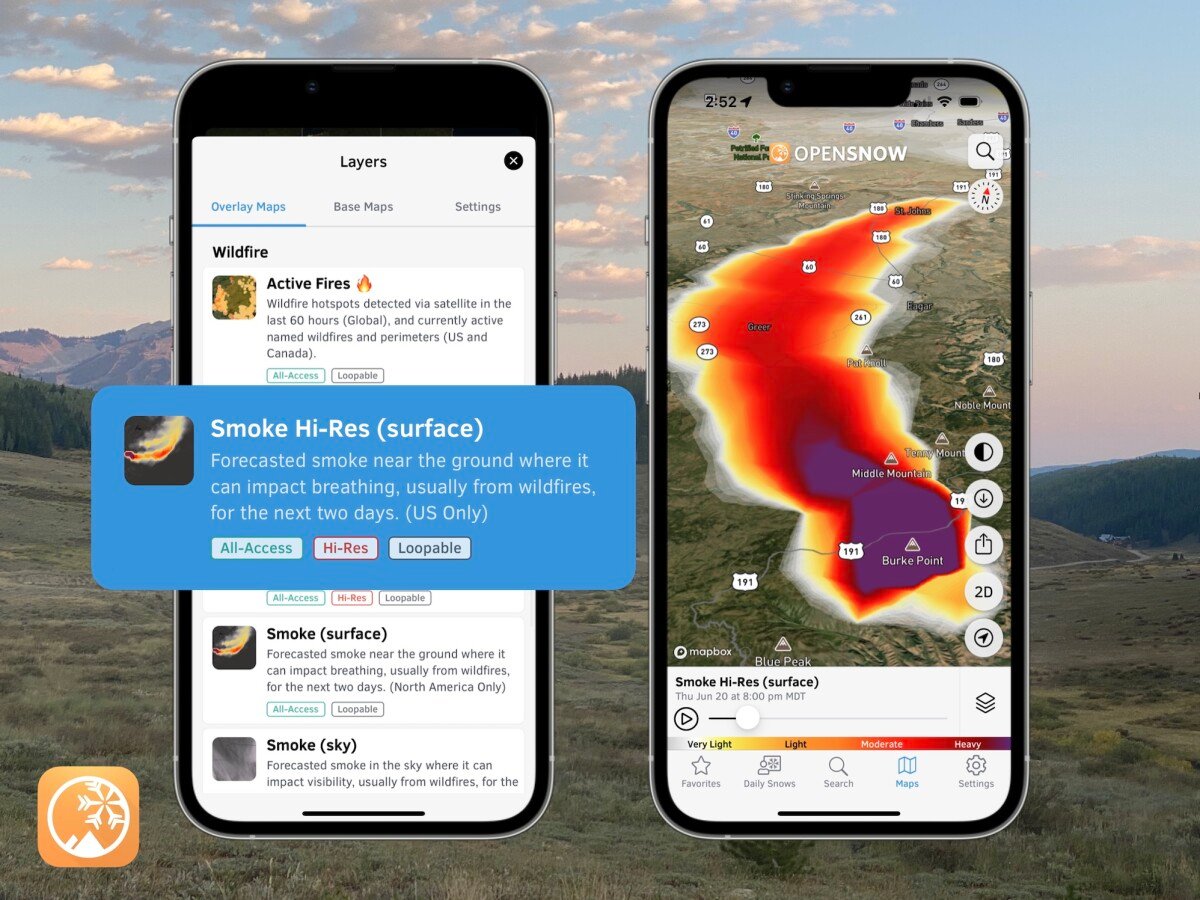News

By Sam Collentine, Meteorologist Posted 5 years ago August 13, 2019
Polar Vortex, Explained

What is the Polar Vortex?
Whenever cold temperatures take over a large portion of the United States, we inevitably hear the term "Polar Vortex". So what does this mean, scientifically?
The polar vortex is a large area of low-pressure and cold air surrounding the Earth's North and South poles. The term vortex refers to the counter-clockwise flow of air that helps keep the colder air close to the poles (left globe).
During winter in the Northern Hemisphere, the polar vortex can become less stable and expand, sending cold Arctic air southward to the United States.
While the term "polar vortex" has been given a lot of air time during the last few years, it is NOT a new phenomenon. In fact, it's thought that the term first appeared in an 1853 issue of "Littell's Living Age" magazine.
Forecasts for these outbreaks of very cold air are similar in accuracy to a winter storm, meaning that we can have some predictability of its arrival 5-10 days in advance, and the details of the forecast might not come together until 24-72 hours before the system arrives.
Download the free OpenSnow app for the most accurate snow forecast and snow report information and stay tuned to our weather forecasts for the latest updates.
Sam Collentine
About The Author




